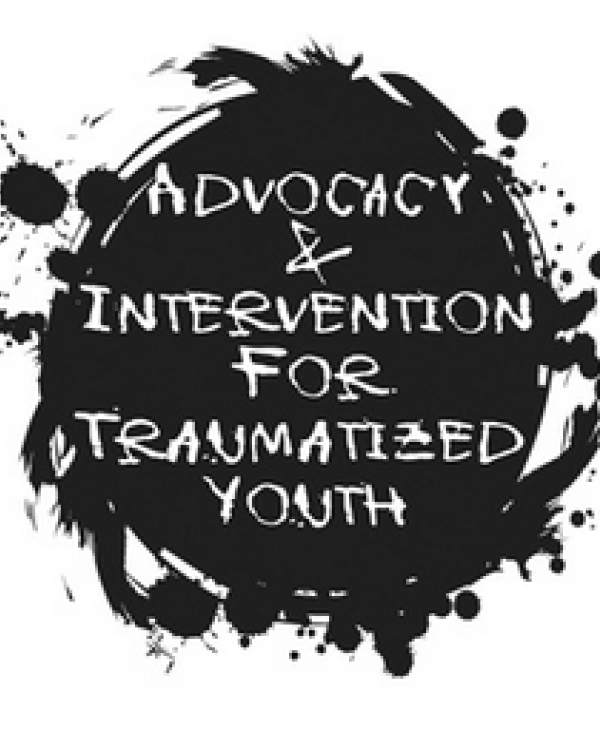
Faculty and students from UC Santa Barbara’s Gevirtz School will deliver presentations at the 2016 Conference of the California Association of School Psychologists (CASP), October 27-29 in Newport Beach, California. The conference theme is “Advocacy and Intervention for Traumatized Youth.” The UCSB faculty and students, from the Department of Counseling, Clinical, and School Psychology, will present their scholarship relevant to important topics, sharing with scholars and professionals from throughout California and the southwest.
Thursday, October 27
10:00 am – 11:20 am
Dr. Michael Furlong, Dr. Kathryn Moffa and Dr. Agustina Bertone with Jenn Schell, M.Ed., NCSP, San Diego Unified School District
The Role of Schoolwide Complete Mental Health Screening to Foster Student Well-Being
This workshop will provide the latest information about the Social Emotional Health Survey-Secondary (SEHS-S), which has been used for the past six years by California high schools as part of schoolwide complete mental health screening. The SEHS-S is a strength-focused assessment of students’ positive dispositions, attitudes, and external support factors. It is used within a dual-factor complete mental health assessment approach. This workshop will present: (a) updated SEHS-S content information, (b) recent SEHS-S validation research, and (c) practical examples, provided by district school psychologists, on how to use the SEHS-S as part of a schoolwide complete mental health screening process. Information about a federally funded study that will collect SEHS-S standardization data form 45 randomly selected California high schools will also be shared.
10:00 am – 10:50 am
Cecile Binmoeller, Rondy Yu, and Sarah Babcock
Addressing the Needs of Foster Youths in Schools
In 2014, over 400,000 youths were in the foster care system (U.S. Department of Health and Human Services, 2015). While federal legislation has increased expectations of states to help this population, many schools have yet to establish policies and supports for foster youths. To address the question of what we can do now as educators to help this group of students succeed, this presentation will focus on informing school professionals about the current obstacles facing foster youths, describe their educational experience, and review specific strategies for addressing the emotional and behavioral needs of foster youths in schools.
2:30 pm – 3:20 pm
Jessieann Hibbard, Sarah Babcock, and Shane Jimerson
MTSS and ESSA: Assessment and Intervention for Social Skills and School Climate
In 2015, Every Student Succeeds Act (ESSA) was signed into law, requiring schools to include one non-academic measure of school quality. School psychologists are equipped to implement effective measurements with their knowledge of data collection and nonacademic factors related to student success. With the increasing focus on assessing, promoting, and monitoring student success within a multi-tiered system of support (MTSS) model, school psychologists should be proficient in including nonacademic measures school quality within their school’s framework of assessment and intervention. This presentation depicts how school psychologists can effectively conduct assessments of school quality that can lead to improved student outcomes.
Friday, October 28
10:00 am – 11:30 am
Rondy Yu and Shane R. Jimerson
An Outcomes Evaluation of a Service Delivery Model for Students with Emotional Disturbance
Students with emotional disturbance require a variety of support services in schools to reach social, emotional, and academic goals. Using data from a recent study, this presentation will focus on informing school professionals about the TIERS service delivery model and its associated student outcomes (i.e., rate of transition to less restrictive settings, and performance across social, behavioral, and academic domains). It is expected that participants will increase their knowledge of the empirically supported components of TIERS and its overall effectiveness in promoting the cognitive competence and social-emotional well-being of students with emotional disturbance.
10:00 am – 11:30 am
Sruthi Swami and Jennifer Scheller
Early Academic Achievement and Language and Literacy Development
The purpose of this presentation is to analyze the relationship between early literacy variables, Kindergarten readiness, and reading achievement of students at the end of first grade. Using a Discriminant Analysis, the researchers examined which of the variables appeared to be the most predictive of end of first grade literacy achievement in a population of Latino/a students who are primarily Dual Language Learners (DLLs). The results will be most informative for school psychologists who work with high percentages of Latino/a and DLL students, and who have a particular interest in early assessment, identification, and intervention.